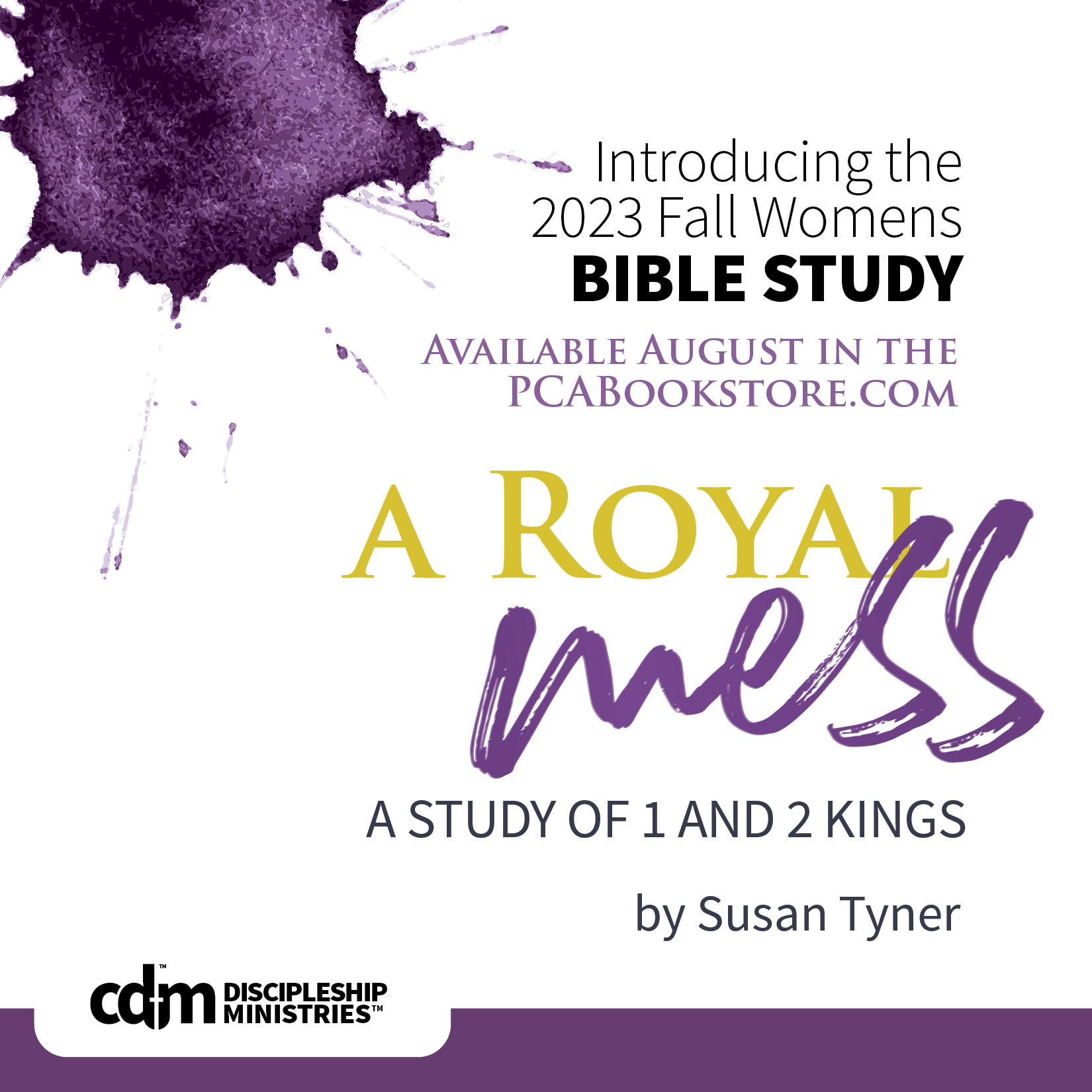Why I’m Reading the Bible (Again) This Year
JENILYN SWETT | GUEST How did you usher in the new year? Perhaps with a midnight toast, watching the Rose Bowl parade in your pajamas, or eating some dumplings or black eyed peas. In addition to some of those festive activities, I spent time journaling and did some deep-cleaning to help give the year a fresh start. I also started back at the beginning of the Bible reading plan I followed (with a few stops, starts, and detours) last year. If you’ve gotten out of the habit of regular Bible reading – or if it’s a habit you’ve never developed, the new year can be a good time to start (or start again). The Bible is God’s Word, for us, so it is worth our time and attention. It’s worth treasuring because it’s how God makes himself known to us (Psalm 19). And just like any treasure is worth looking at over and over, the Bible is worth reading again. Here are a few reasons why I’m continuing the habit of regular Bible reading again this year, and why I hope you’ll consider doing so too. Because We’re Forgetful No matter how many times I’ve been told, no matter how many times I tell others, I still tend to forget some important things: God’s love for and delight in me, the ugly reality of my own sin, the significance of Jesus’s sacrifice, the hope we have in the resurrection. I need God’s Word to remind me. We have the Holy Spirit to help us remember what we’ve been taught, and one of the key ways he does that is through the living, active words of Scripture (John 14:26; Heb. 4:12). Because We Need Help Praying When I don’t have the words, when I’m not sure what to ask for, or when my heart is just struggling to pray, the words of Scripture are a great help....









